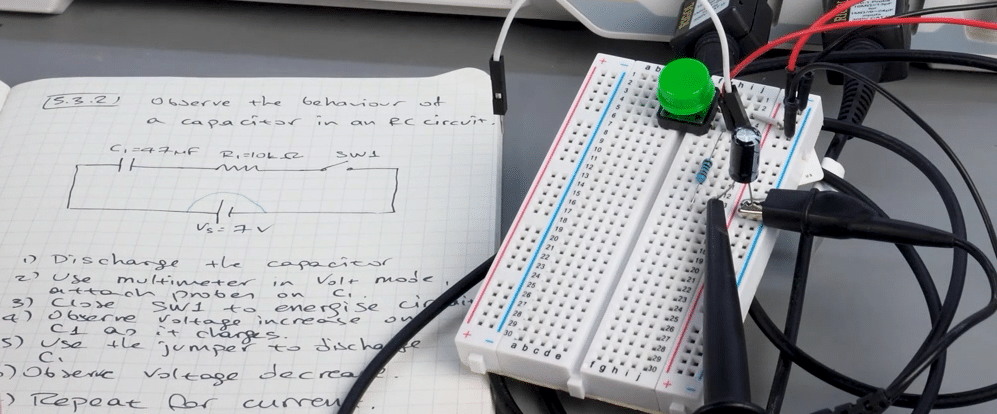ELECTRONICS guide series
Introduction to Electronics What is this course about?
This course introduces the foundational principles of electronics, crucial for anyone interested in building a career or hobby in the field. With applications ranging from Arduino projects to advanced electrical engineering, this course provides essential skills to understand and create electronic circuits, paving the way for more advanced applications involving programmable platforms like Arduino and Raspberry Pi.

Last Updated 7 months ago.
We publish fresh content each week. Read how-to's on Arduino, ESP32, KiCad, Node-RED, drones and more. Listen to interviews. Learn about new tech with our comprehensive reviews. Get discount offers for our courses and books. Interact with our community. One email per week, no spam; unsubscribe at any time
